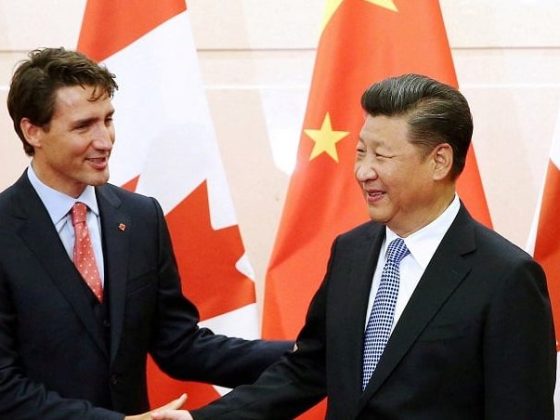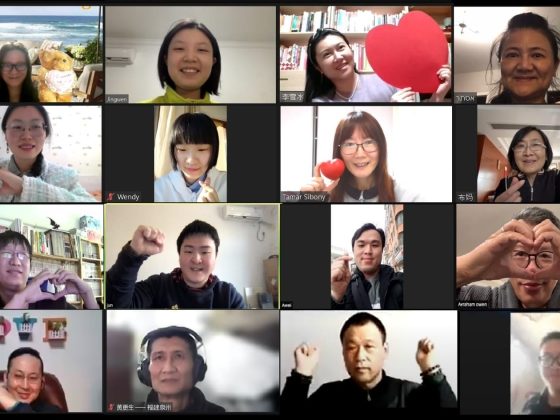2021 has been a tumultuous year. Covid-19 is still raging with recurring waves, the summer saw unprecedented fires in numerous places around the world alongside equally unprecedented floods, and earthquakes and volcanic eruptions seem to have been more frequent this year than in most other years.
Meanwhile, international tensions escalated between the US and China, the US and Russia, Europe and Russia, and tensions over Taiwan, the South China Sea, and in Syria have risen to near military clashes. To make matters worse, the global economy was hampered by a severe shortage of computer chips, and supply chains around the world have been disrupted by recurring lockdowns.
“To become aware of our social interdependence, we must change our entire environment. We cannot expect people to think that consideration is good when the idols that the media promotes are self-centered and promote only their own image. At school, on social media, and on every means of mass communication, we must promote prosocial values.”
In many respects, it seems we have reached the nadir. People are happy to say goodbye to 2021, but they are equally fearful of what 2022 might bring.
Surprisingly, there is a (relatively) easy way to reverse the negative trajectory. We can rise from the nadir to the zenith much faster than we can imagine if we commit to just one thing, though it is harder to do than it seems at first glance: We need to relate to everything that happens as an incentive to bring us closer to each other. If we change our approach to everything that happens to us and around us, we will see how life takes us on a pleasant stream toward bliss.
Why did I say that it is only relatively easy? Our ego gets in the way; it does not let us come close to one another. The ego is the reason people are alienated from each other, and it will not give up its control over our hearts without a fight.
“If we learn to value those who promote solidarity and mutual consideration, our communities will look very different from how they do today.”
We can defeat our ego, but we cannot do it by ourselves. To achieve this, we must use two instruments: our social environment and our intellect. The intellect is the easier one to use. Currently, we are oblivious to the consequences of our actions. Some of us are conscious of the environmental price we pay for our wrong doing, but very few are aware that we are connected not only on the biological level, but also on the emotional and mental levels just as much as on the physical level.
Just as mistreatment of our physical environment is detrimental to all of us, mistreatment of our social environment has (at least) equally detrimental consequences. Now that people are aware of the need to preserve the physical environment, it is time to become aware of the need to cultivate positive social environments. Just as we are dependent on each other for the water we drink and the food we eat, we are dependent on each other for the words we say and the thoughts we think, which in turn affect our mental and emotional condition.
To become aware of our social interdependence, we must change our entire environment. We cannot expect people to think that consideration is good when the idols that the media promotes are self-centered and promote only their own image. At school, on social media, and on every means of mass communication, we must promote prosocial values.
If we learn to value those who promote solidarity and mutual consideration, our communities will look very different from how they do today. We want to curb gun violence, drug abuse, and social ills, but instead of curing society, we are only fighting the symptoms. We can heal the society by bringing people together rather than keeping them a random collection of alienated and distrustful individuals. If we work on this, we will not need to tackle each symptom separately since they will disappear without the cause that generates them.
We can do it this year, but we must understand that we have no other choice, and we must support each other in the process. Otherwise, we may not have the necessary determination.











